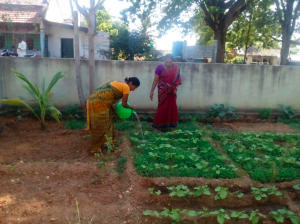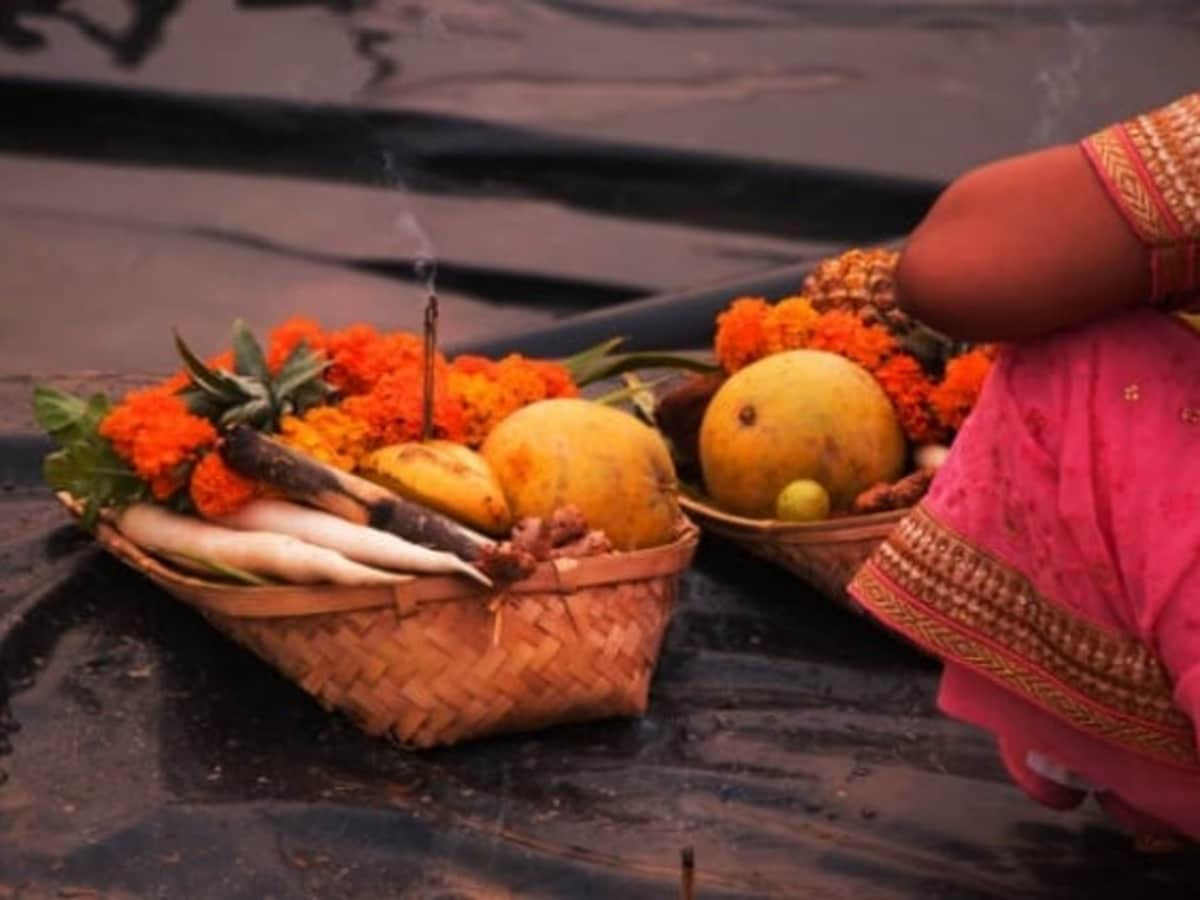- Six Reasons To Bring Millets To The Market!
- Hong Kong Court Makes Landmark Ruling Protecting Transgender Rights
- Substrate Promiscuity Of Fungi Generated Enzyme Laccase Shows Potential In Degrading Industrial Dye Effluents
- Union Minister Of Rural Development Holds A Meeting On ‘Cactus Plantation And Its Economic Usage’
- Ministry Of Tribal Affairs Organised One Day Mega Health Camp ‘Abua Bugin Hodmo-Our Better Health’ At Saraikela Kharsawan, Jharkhand
- Blue Flag Standards For Beaches In The Country
- India-Namibia Sign An MoU On Wildlife Conservation And Sustainable Biodiversity Utilization
- Hydrophobic Ingredients, In Combination With Obsolete Antibiotics, Can Counter Multidrug-Resistant Bacteria
- Promoting Cultivation Of Kala Namak Paddy
One by one, they died: The forlorn story of tribal children's death in Odisha
Posted by: 2016-08-01 12:27:05 ,By Raj Kumar
AS IT rains, a barefeet Babuni Pradhan struggles up the hill of Sukinda valley in Jajpur district, slouched under sackfuls of rice slung from his shoulders. His village Nagada is still 10 km away. Wife Suki holds out a hand to steady him as Pradhan feels around with his feet for solid ground that can bear his weight. The couple, Babuni in his 40s and Suki in her late 30s, continue slowly but steadily as a thick mist hampers visibility. At the other end wait their six children, between the ages of 2 and 10. The rationed rice, brought from Chingudipal gram panchayat office 25 km away, must last the family of eight the next couple of weeks. "I need to reach home before the rice gets wet," says Babuni, who has to walk uphill for at least 2 hours before he can get there. "My children have nothing to eat but boiled rice and salt."
Babuni considers himself lucky. In the past two months, 17 children in his village, aged a few months to three years, have died after contracting chickenpox and measles. The underlying reason, officials admit, was that all were malnourished. Help was only rushed in after an NGO, the Delhi-based Aspire, brought the news of the spate of deaths from this remote tribal village to the outside world.
Nagada and two other nearby hamlets atop the hill are home to the Juanga tribals, one of the most primitive in Odisha with a population of around 9,000. There is no road, so the tribals must walk up the boulder-filled stretch, rendered even more treacherous by the rain. The nearest anganwadi centre, supposed to help children like Babuni’s through the Integrated Child Development Scheme (ICDS), is located at least 8 km away. The anganwadi worker who mans it lives right at the foothill. Like other government officials, the worker never climbed up to Nagada, till the children began dying.
A few of the district officials who initially came, including District Collector Satya Mallick, had to return midway. Mallick managed to climb up a few days later. “A chopper is the best possible way to reach the village,” he says. “It’s tough for anyone to make this trip, especially during rainy days.”
Nidhia Pradhan says he isn’t surprised. “The walk to my village is a curse. Every time I walk up, I wish I don’t have to do that again.”
His daughters, Sukumari, 3, and Mangali, 1, were among the first to die. Nidhia, in his 20s, remembers it was Mangali who first got chickenpox, followed by Sukumari. The hamlet last saw a vaccination drive more than a decade ago. Officials say villagers resist such initiatives due to their faith in traditional healing practices.
Nidhia had seen children in the village die of chickenpox earlier, after “the village deity could not cure them”. So he feared the worst when pockmarks started blotting the emaciated frames of his daughters.
Nidhia doesn’t remember ever giving his girls anything to eat other than boiled rice and salt, except for a few lucky occasions when he managed to find wild mushrooms or wild potatoes. And he doesn’t doubt why they put up little fight to the disease, despite him turning to the deity. “I could count their ribs,” he says.
Read more: Click Here
You may like similar news

United Way Mumbai NGO sets up kitchen gardens for tribal anganwadis
MUMBAI: The NGO United Way Mumbai (UWM) devised a fruitful way to celebrate World Environment Day - ...

‘India ready to help restore peace’: PM Narendra Modi tells Vladimir Putin on Ukraine conflict
Prime Minister Narendra Modi on Tuesday reiterated a peaceful solution to the ongoing Russia-Ukraine...

Chhath Puja 2024: Is it on November 05 or 07? Know the correct date, time of the auspicious four-day Hindu festival
If you thought that the October air is filled with festive spirit, wait till we tell you that the ce...

Bharat Tex 2025 gains international momentum:
Ministry of Textiles organized an interactive Session with Foreign Missions in India for Bharat Tex ...

PRESIDENT OF INDIA PRESENTS NATIONAL WATER AWARDS
The President of India, Smt. Droupadi Murmu presented the fifth National Water Awards in New Delhi t...









